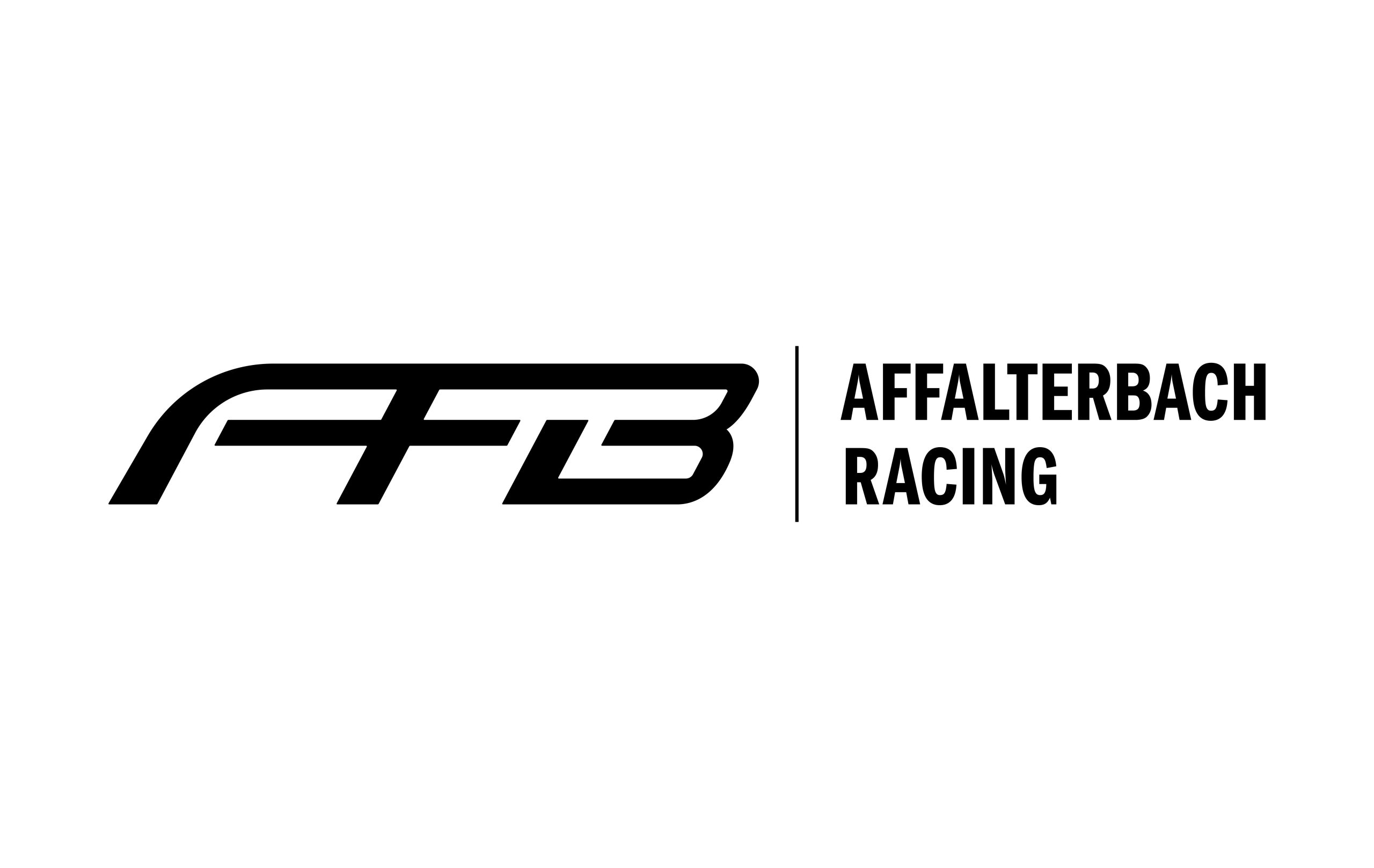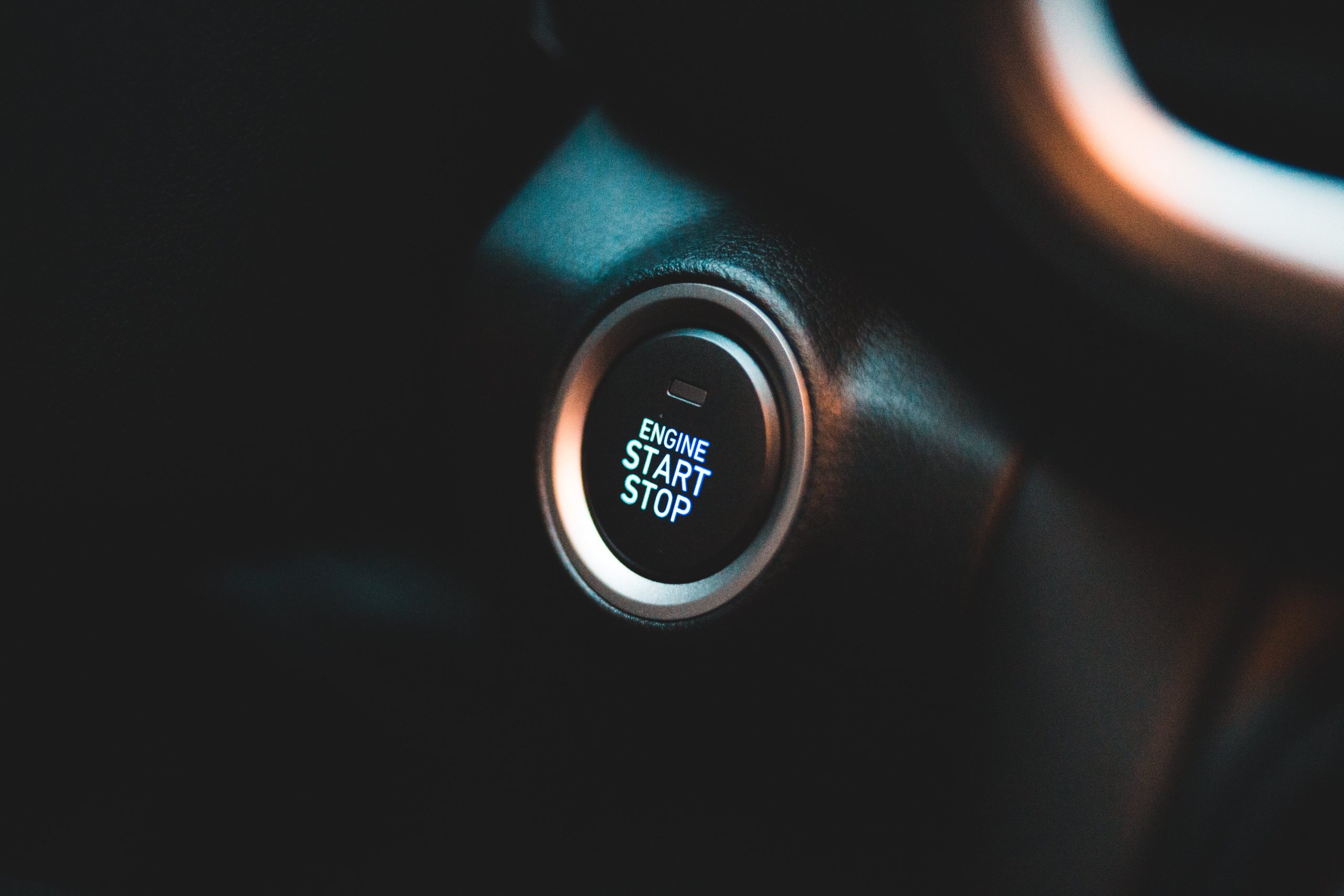How long can a dealership hold your car for repair?


To explore the legal limitations of holding cars for repair with state laws, consumer protection laws, fine and penalties as a solution. This section helps you understand your rights as a consumer and what the law says about how long your car can be held for repair. We will briefly introduce the sub-sections- state laws on repair time limits, consumer protection laws, and fines and penalties.
State Laws on Repair Time Limit
State laws mandate the maximum repair time limit for holding cars in a service station. Inadequate adherence to these laws can attract civil penalties and disruptions to business operations. To avoid legal consequences, it is essential to be aware of state laws regarding car repairs.
The following table lists the maximum repair time frame for different states in the United States.
| State | Maximum Time Limit |
|---|---|
| California | 30 days |
| New York | No specific time limit |
| Texas | 30 days |
It is also important to note that some states have additional provisions, such as a right to demand return of the vehicle after an unreasonable delay. It is advised to refer to individual state laws for detailed information.
According to ConsumerReports.org, “If you don’t get your car back by specified date and filing with local authorities doesn’t help, legal action may be your only recourse.”
Consumer Protection Laws
The legal framework that protects consumers when their cars are held for repair is crucial to understand. This legislation mandates transparency from service providers and guarantees customers’ rights to:
- timely completion of repairs
- fair pricing
- quality workmanship
Furthermore, service providers must provide an itemized invoice detailing parts, labor, and other charges incurred during repairs.
It’s important to note that there are limitations regarding how long a service provider can hold a customer’s car for repair. While laws vary by state, most jurisdictions require communication with the vehicle owner after a set number of days has passed since the car was left with the service provider for diagnostics or repairs.
When discussing consumer protection laws related to car repair, it’s essential to inform vehicle owners about their rights if a dispute arises between them and the service provider. Customers have the right to seek mediation or initiate legal proceedings if they believe their rights have been violated throughout the process.
To ensure your rights are protected when having your car serviced or repaired, it’s important to read and understand any agreements you sign before leaving your vehicle with the service provider. It is also recommended that you request recommendations from trusted sources before selecting a service provider.
Overall, understanding car repair laws and regulations equips consumers with knowledge that increases confidence in dealing with automotive repair disputes while promoting greater accountability from service providers.
Fine and Penalties
For Violation of Maintenance Holding Policies
An owner may be fined and penalized for holding their vehicles beyond the legal repair limit. To avoid such consequences, it is vital to understand the maximum duration that a car can remain in the repair shop before being released.
Below is a table describing legal limitations and penalties for holding cars beyond repair:
| Car Repair Limits | Duration | Penalty |
|---|---|---|
| Minor Repairs | Within 24 hours | No Penalties (Warning) |
| Regular Repairs | Within 72 hours | Fine up to $500 (1st Offense) |
| Major Repairs | Up to 7 days | Fine up to $1000 (2nd Offense) |
| Extensive Repairs* | As determined by Law | Revocation of Business License |
- *includes situations where the cost of repairs exceeds the vehicle’s fair market value
Owners are liable for penalties incurred from violating state laws concerning car repairs. It is important to note that repetitive offenses may eventually result in the suspension or revocation of the business license.
Pro Tip: Always check relevant state laws when keeping vehicles for repair and have a clear policy indicating allowable waiting periods.
Reasons for Holding Cars for Repair
To understand why dealerships may keep your car for an extended period of time, consider the reasons for holding cars for repair. Backorder of parts, mechanic shortages, unexpected complications, and long waiting lists can all contribute to longer repair times. In this section on “Reasons for Holding Cars for Repair,” we’ll cover each of these sub-sections briefly.
Backorder of Parts
Deprivation of Components
When it comes to repairing cars, Deprivation of Components is a common reason for holding them. It happens when components or parts needed for the repair are out of stock or not readily available.
- Suppliers can’t keep up with the demand
- Shortage of specialty items and rare models
- Manufacturing issues and delays in production houses
- Demand for obsolete parts may be low prompting unsatisfactory service level
- Parts needed in bulk volume may require a long lead-time to acquire
- Crisis shock result in manufacturing plants shutdown causing inability to source certain components.
In addition, mechanics often encounter difficulties when obtaining some components required for automobile repairs. This absence of spare parts could come about when manufacturers have ceased the production of specific automobiles or particular types. When this scenario plays out, backordering is inevitable.
Pro tip: To avoid the delay that comes with an unanticipated backorder, make sure you order your auto parts well ahead of time.
Mechanic Shortages
The automotive industry faces a shortage of skilled professionals resulting in long lead times for auto repair. The dearth of technicians is caused by increasing the complexity of modern cars and reduced interest in vocational training.
Even as people keep their vehicles longer, there is a lack of experienced mechanics to conduct maintenance services and complex repairs.
As a result, customers have to wait for their car repairs to be completed, leading to inconvenience and expenditure.
A solution would be to increase investment in recruitment, skills development, and apprenticeships to overcome the lack of qualified professionals.
Pro Tip: It’s vital to maintain your vehicle regularly to identify mechanical issues before they turn into costly repairs.
Unexpected Complications
Mechanical Obstructions
Cars are often held for repair due to unexpected mechanical obstructions. These can include issues with the engine, transmission, or other critical components that prevent the vehicle from functioning properly. In some cases, these obstructions may be caused by wear and tear over time, while in other instances they may arise suddenly and unexpectedly.
When faced with mechanical obstructions, experienced technicians will often perform a comprehensive diagnosis of the car to determine the root cause of the problem. This can involve testing various systems and components, such as checking fluid levels, inspecting belts and hoses, or even conducting more advanced tests utilizing diagnostic equipment.
Furthermore, certain types of mechanical obstructions can be particularly difficult to diagnose and repair. For example, electrical issues may require tracing wiring throughout the entire vehicle to identify and fix any problems. It’s important for technicians to have a thorough understanding of these complex systems in order to successfully overcome these challenges.
Pro Tip: Regular maintenance and timely repairs can help prevent unexpected mechanical obstructions and keep cars running smoothly for longer periods of time.
Long Waiting List
Car repair centers often have an extended waiting list for customers, which is referred to as a ‘long waiting list’. Several factors contribute to this extended wait time:
- It’s because numerous people rely on their vehicles for work or personal use, and the demand for immediate repairs is high.
- Some car components require rare replacement parts that cannot be easily found in the market.
- Technicians may need additional time to diagnose the problem correctly, especially when technology interfaces with engine systems.
In addition to these reasons discussed above, some car models with obsolete parts and broken components require extra attention that takes more time.
According to Consumer Reports Auto Survey (2019), many service stations have difficulty accommodating busy schedules of customers due to high demand and limited workforce.
Communication with Dealership
To ensure effective communication with the dealership during your car’s repair, use clear communication channels and document all conversations. Understanding your rights as a consumer is also crucial. In this section about communication with the dealership in the article ‘How Long Can a Dealership Hold Your Car for Repair,’ we will further explore these sub-sections as solutions.
Clear Communication Channels
Creating Smooth Dealership Communication
It is important to establish smooth communication channels with dealerships to ensure seamless transactions. When communicating with them, it is essential to use clear language and avoid technical jargon.
One way to establish effective communication channels is by using email or messaging apps like WhatsApp, as these allow for quick and easy responses. It’s also important to set realistic expectations for response times so that both parties are aware of when to expect a reply.
In addition, verbal communication is crucial in establishing a friendly working relationship. When speaking with dealerships, be sure to listen carefully and ask questions if anything is unclear.
Lastly, make sure that all agreements are finalised in writing. This reduces the risk of misunderstandings and makes enforcing any agreements much easier if disputes arise later on.
A Personal Experience
I once experienced a hiccup when dealing with a dealership because there was no clear mode of communication established at the start. Our only means of contact was through phone calls which were often ignored or delayed, leading to misunderstandings and delays in finalising the agreement. From that experience, I learned the importance of setting clear lines of communication early on.
Documentation of Conversations
When it comes to maintaining proper communication with a dealership, it is important to keep accurate documentation of all conversations. This includes recording phone calls, keeping physical copies of letters and emails, and taking detailed notes during in-person meetings or discussions.
To ensure thorough documentation, consider creating a chart that outlines the date of the conversation, who was involved, the method of communication, and any key points or action items discussed. This can help keep track of important details and ensure that nothing is overlooked.
In addition to documenting conversations, it is also important to maintain a paper trail for any agreements or promises made by the dealership. Request written confirmation of any verbal agreements or follow up with an email summarizing key points discussed.
Pro Tip: Regularly reviewing and updating your documentation can help prevent miscommunications or misunderstandings down the line.
Remember, as a consumer you have the right to ask questions, demand answers, and refuse to settle for subpar service.
Understanding Your Rights as a Consumer
As a customer, it is essential to grasp your legal rights and obligations while engaging with a dealership. Being informed of your consumer rights can assist you in making the right decisions while purchasing a car, and also prevent you from being misled or overcharged by the dealership personnel.
If any dispute or discrepancy occurs during the sales process, it is crucial to understand that you have every right to file a complaint or take legal action against the dealership. You should anticipate transparency in all interactions with the dealership, including their pricing policies and any additional charges that might incur during purchase.
Apart from the basic consumer rights, there are other exclusive privileges that vary depending on your state’s laws. For instance, some states offer assurance periods for used vehicles, which provide an extra level of protection for buyers against unexpected defects.
To ensure smooth communication with dealerships, always keep your documentation such as invoices and warranties in order. Also, it’s advisable to communicate via email or certified mail so that you have proof of communication in case disputes arise.
Alternative Options for Car Repairs
To explore alternative options for car repairs beyond dealership services with a focus on independent auto repair shops, mobile mechanics, and rental car services. Each sub-section provides a unique solution to the issue of car repairs and offers distinct advantages over dealership services.
Independent Auto Repair Shops
Auto repair centers that are not affiliated with any car manufacturer or dealership are known as Non-OEM Car Repair Facilities. They provide repairs and maintenance services for vehicles made by any manufacturer and their parts may be manufactured by either the original equipment manufacturer or some other third party supplier. These independent auto repair shops offer an alternative to the dealer for owners who want affordable, high-quality maintenance services and parts.
Due to high overhead costs experienced by dealerships, many drivers prefer to take their cars to independent shops instead of dealerships. The non-OEM car repair facilities often offer lower rates because they have less overhead compared to manufacturers’ service centers. These auto mechanics undergo through specialized training courses that cover safety requirements, use of tools, technical procedures, among others.
Independent auto repair shops typically have extended business hours and can handle complex repairs without needing appointments. This flexibility proves advantageous for vehicle owners who require immediate solutions to their car problems. Another advantage is that these independent facilities often form long-lasting relationships with individual consumers; they provide personal attention and make sure that every customer is satisfied with the service received.
Pro Tip: While selecting an independent auto shop, make sure you pick one that specializes in working with the make and model of your vehicle. This ensures that your car will receive comprehensive care from capable hands while avoiding unnecessary expenses on trial-and-error approaches.
Mobile Mechanics
When it comes to finding alternative options for car repairs, there is a unique solution available that can save you time and hassle. Utilizing the expertise of Auto Technicians who come to you is a convenient and efficient way to get your vehicle back on the road.
Arranging for a mobile mechanic means that they will travel to your location at a time that suits you best, instead of you having to take your car to a garage. They are skilled professionals that carry all the equipment necessary for most common repairs and services on site, making it easier for them to diagnose and fix any issues quickly.
Not only do mobile mechanics offer convenience but also flexibility with their availability. They often work extended hours or weekends, which can be particularly helpful during busy weekdays when finding an available garage can be challenging.
Pro Tip: When booking an appointment with a mobile mechanic, ensure that you provide accurate details about your car’s make, model, and problem. This will help them arrive prepared with the necessary tools and parts needed for efficient service.
Rental Car Services
- Short-term or long-term rentals.
- Availability of various types of vehicles.
- Rental companies offer insurance coverage.
- Pickup and drop-off options available at convenient locations.
It’s important to note that while rental cars may be a viable solution, it is typically more expensive than car repairs. A Pro Tip would be to compare the costs of renting a car versus repairing the vehicle before making any decisions. Why fix it right the first time when you can make it a recurring problem and double your mechanic’s salary?
Best Practices for Car Repair
To ensure that your car is always in top shape, take note of the Best Practices for Car Repair with Regular Car Maintenance, Choosing the Right Dealership, and Being Proactive with Repairs as solution briefly. These sub-sections will guide you on how to properly maintain your vehicle, choose the right dealership for car repairs, and be proactive in addressing issues before they become major problems.
Regular Car Maintenance
Regular Upkeep for Your Vehicle
Proper vehicle maintenance is crucial in extending the life of your car and ensuring optimal performance. Consider these six steps to regularly maintain your vehicle:
- Check fluids such as oil, transmission and brake fluid regularly.
- Inspect tires monthly for proper tread depth and inflation levels.
- Change the air filter every 10,000-12,000 miles or as per the manufacturer’s recommendation.
- Replace wiper blades yearly or if they show signs of wear and tear.
- Ensure that lights are working correctly, replace any blown bulbs immediately.
- Schedule regular maintenance at specific intervals based on mileage or time.
For instance, you may want to take your car for a tune-up after every 30,000 miles to ensure all components are functioning correctly.
Lastly, always check with a professional mechanic about specific maintenance needs not addressed above.
Pro Tip: Keep an accurate record of all the maintenance you perform on your vehicle by storing receipts and invoices in a logbook or digital file system for future reference.
Choosing the Right Dealership
A key aspect of car repair is selecting the most suitable dealership. Consider their reputation and experience level, as well as reviews from previous customers.
Do your due diligence to ensure that the dealerships’ technicians have up-to-date certifications and training. Ask for detailed records of any work completed on your vehicle.
It’s also important to inquire about their customer service policies and warranties offered on parts and repairs. Don’t underestimate the significance of location – choose a dealership within reach, to save time and money.
Choosing a good dealership can make all the difference in ensuring quality services, timely repairs, and trust-worthy results. Make sure you’re not missing out on these benefits by selecting the right dealership wisely.
Being Proactive with Repairs
When it comes to maintaining your vehicle, being proactive about repairs is key to preventing more extensive and costly damage down the road. Regularly scheduled maintenance can catch issues before they become major problems, ensuring optimal performance and longevity for your car. By keeping an eye on important components such as belts, hoses, and fluids, and addressing any small issues promptly, you can save yourself time, money, and potential safety hazards in the future.
It is also important to be aware of any common issues or recalls for your specific make and model. Staying up-to-date with manufacturer recommendations can alert you to known problems before they cause significant damage. Additionally, working with a trusted mechanic who specializes in your type of vehicle is often beneficial in identifying potential problems early on.
To further prevent breakdowns and malfunctions, consider investing in high-quality parts when replacements are necessary. Cheaper alternatives may seem like a cost-effective solution initially, but they often lead to long-term complications. By utilizing genuine parts designed specifically for your car’s make and model, you can ensure proper fit and function.
Ultimately, taking a proactive approach to car repair involves staying informed, paying attention to warning signs from your vehicle, seeking professional advice when needed, and using quality replacement parts when necessary. By implementing these best practices into your regular maintenance routine, you can keep your car running smoothly for years to come.
How long can a dealership hold your car for repair? – Key Takeaways
When it comes to repairing your car at a dealership, it is important to know the duration for which they can keep your vehicle. Dealerships are entitled to hold your car for repairs until the job is completed, or until you reach an agreement on the timeline of repairs. It is vital that you check with them about their policies before leaving the vehicle.
Additionally, dealerships have certain legal obligations towards returning your car within reasonable time limits after completing the repairs. Depending on where you live, laws may vary concerning this obligation. However, it’s common for dealerships to return vehicles within three days upon completion of repairs.
It is crucial to understand dealership policies and applicable laws concerning car repair duration before signing up for their services. This could save you from unnecessary anxiety about when you’ll get your ride back.
Take charge of situations like these by asking for clear timelines upfront and negotiating the best possible deal based on your needs and preferences. Don’t let any unpleasant surprises affect your driving experience and stay in control of all aspects of auto repair at a dealership.











[…] starting, followed by random power cuts and successes while riding. He brought his vehicle into a repair shop where he was told it was an issue with his car battery. After replacing it, however, nothing significantly changed—no improvement […]
[…] how to access a loaner program from dealerships can make getting around town while having car work done easier. Always remember to clarify all information ahead of time and adhere to guidelines […]
[…] looking for free towing options, your car manufacturer or dealership may offer them. Get in touch with them to explore the possibilities. This could involve a warranty […]